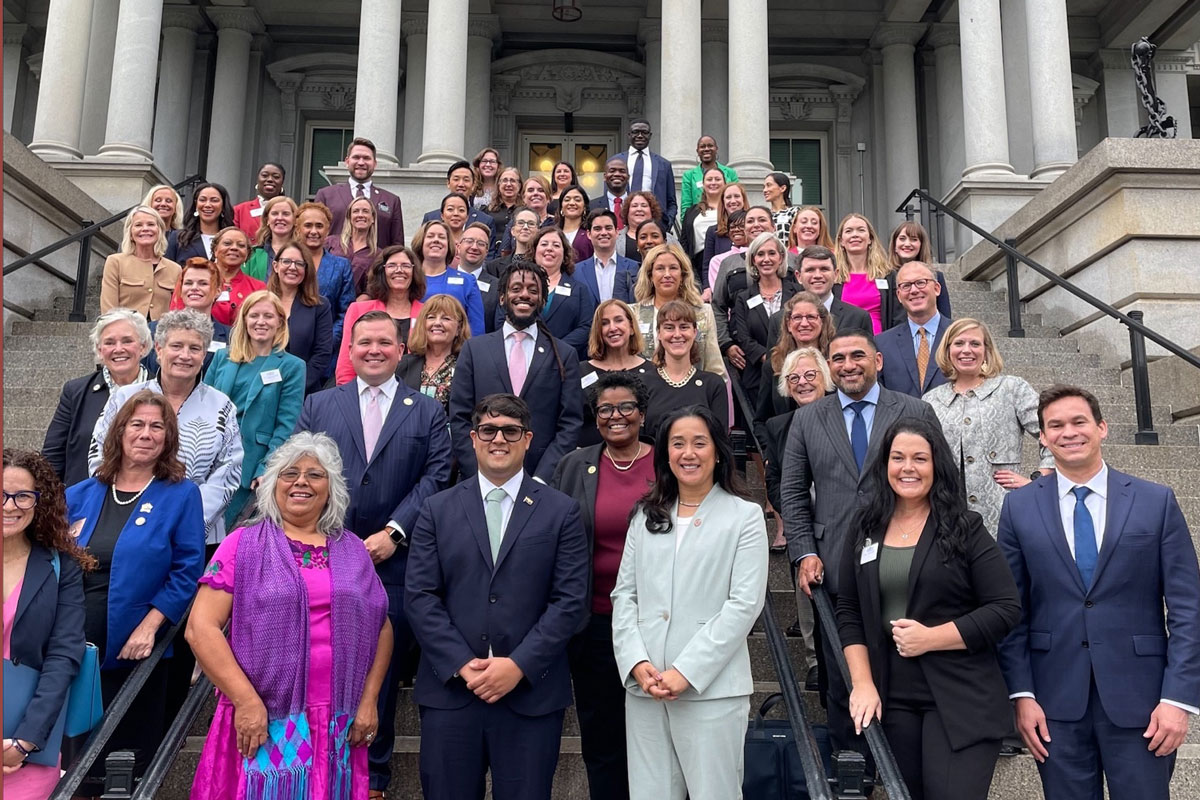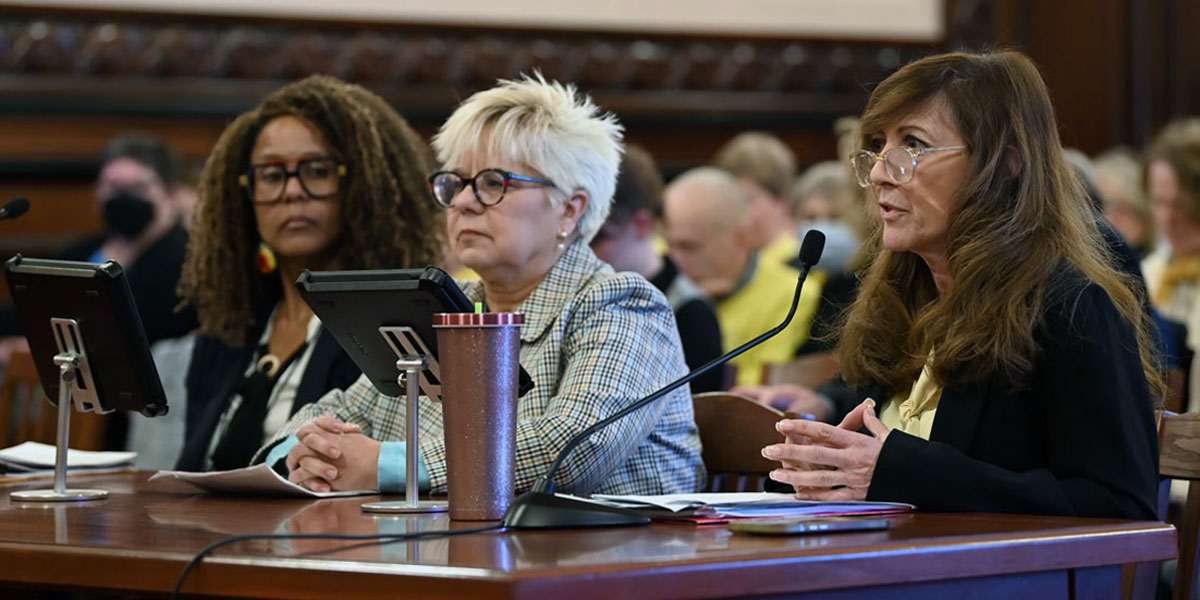New grocery stores coming to Illinois food deserts thanks to Belt’s Grocery Initiative Act
- Details
 PEORIA – The Illinois Department of Commerce and Economic Opportunity announced 11 awards totaling $7.9 million through the Illinois Grocery Initiative New Stores and Equipment Upgrades Grant Programs to address food deserts and prevent grocery store closures in Illinois.
PEORIA – The Illinois Department of Commerce and Economic Opportunity announced 11 awards totaling $7.9 million through the Illinois Grocery Initiative New Stores and Equipment Upgrades Grant Programs to address food deserts and prevent grocery store closures in Illinois.
“Ensuring all communities have access to fresh, quality food is not just a priority – it’s a necessity,” said State Senator Christopher Belt (D-Swansea). “This funding through the Illinois Grocery Initiative is a major step toward eliminating food deserts in the state so every family, regardless of where they live, has reliable access to healthy food.”
Belt championed the Grocery Initiative Act in 2023 to tackle the increasing number of food deserts in the state. Under this law, DCEO is required to provide grants and other forms of financial assistance to grocery stores located in or to be located in a food desert.
Edly-Allen: Illinois State Beach Park Shoreline Stabilization Project is a major success
- Details
 ZION — State Senator Mary Edly-Allen (D-Libertyville) alongside Governor JB Pritzker and elected local officials across the Lake County area came together Monday to celebrate the milestone of the Illinois State Beach Park Shoreline Stabilization project’s completion with a ribbon cutting.
ZION — State Senator Mary Edly-Allen (D-Libertyville) alongside Governor JB Pritzker and elected local officials across the Lake County area came together Monday to celebrate the milestone of the Illinois State Beach Park Shoreline Stabilization project’s completion with a ribbon cutting.
Illinois Beach State Park required immediate intervention to restore the natural lakefront, which was eroding at more than 100 feet per year and putting rare habitat at risk. The $73 million investment by the Rebuild Illinois capital plan allowed for the necessary construction of new offshore stone breakwater structures to shelter the Lake Michigan shoreline from wave energy. The breakwaters assist in retaining the newly-placed sand, preserve the surrounding ecosystems, and enhance public access to the beach.
“This project was urgently needed and Illinois now stands as a leader in responsible shoreline stabilization,” said Edly-Allen. “This intervention was necessary to protect the last remaining natural shoreline in the state. I want to thank the governor and the General Assembly for this waterfront project that will help Lake County’s shoreline, native species, residents and visitors.”
Read more: Edly-Allen: Illinois State Beach Park Shoreline Stabilization Project is a major success
Holmes celebrates new CyrusOne data center in Aurora
- Details
 AURORA – Alongside Governor JB Pritzker, the CyrusOne team and other local elected officials, State Senator Linda Holmes celebrated the groundbreaking of the new CyrusOne data center in Aurora on Wednesday.
AURORA – Alongside Governor JB Pritzker, the CyrusOne team and other local elected officials, State Senator Linda Holmes celebrated the groundbreaking of the new CyrusOne data center in Aurora on Wednesday.
“CyrusOne is a global leader in data center development and has once again chosen Aurora to be its home for this expansion project,” said Holmes (D-Aurora). “This new data center brings critical investments to our community, including hundreds of new jobs and millions in tax contributions over time.”
The new $350 million data center is CyrusOne’s second campus in Aurora. The expansion project includes the creation of two new buildings with a total of 446,000 square feet. The new data center will provide advanced digital infrastructure services to local communities and national networks.
Read more: Holmes celebrates new CyrusOne data center in Aurora
Simmons Attends White House States Convening on Child Care
- Details
 WASHINGTON, D.C. – In conversation with legislators from across the country, State Senator Mike Simmons was proud to attend the White House States Convening on Child Care on Friday morning, where he highlighted his passage of Illinois’ first permanent child tax credit, advocated for more accessible child care, and discussed the importance of fair compensation for child care workers.
WASHINGTON, D.C. – In conversation with legislators from across the country, State Senator Mike Simmons was proud to attend the White House States Convening on Child Care on Friday morning, where he highlighted his passage of Illinois’ first permanent child tax credit, advocated for more accessible child care, and discussed the importance of fair compensation for child care workers.
“I am honored to have been invited back by the Biden-Harris Administration to participate in the White House Convening on Child Care on Friday morning. I was especially proud to share that since last year’s convening, I and my colleagues have passed the first permanent child tax credit in Illinois, legislation that was directly informed by 7th District single moms who participate in my People’s Legislative Council initiative,” said Simmons (D-Chicago).
Read more: Simmons Attends White House States Convening on Child Care
More Articles …
Page 127 of 735
























 © 2026 Illinois Senate Democratic Caucus
© 2026 Illinois Senate Democratic Caucus